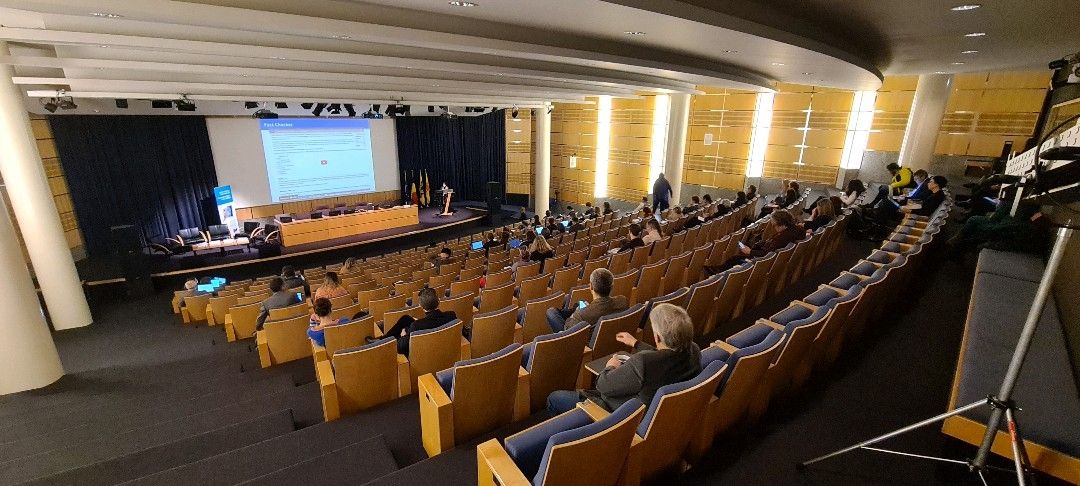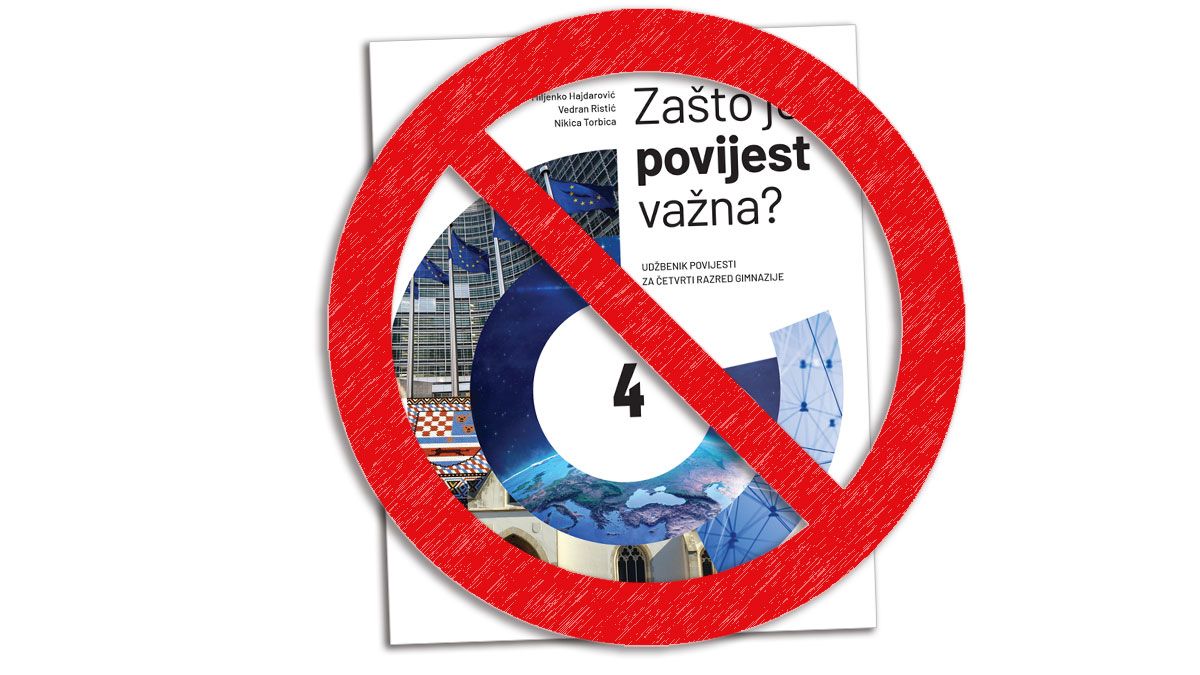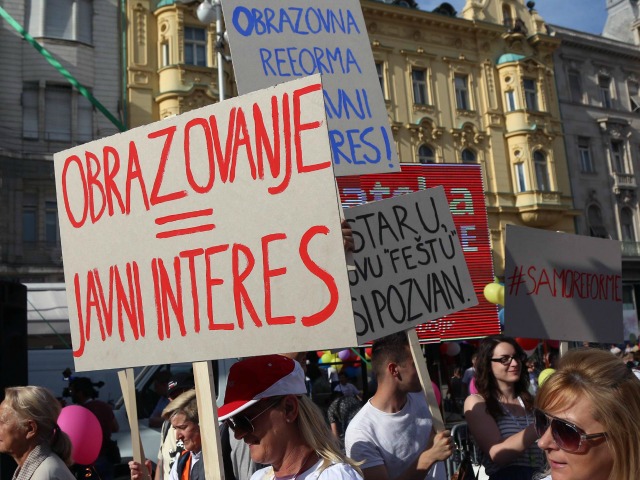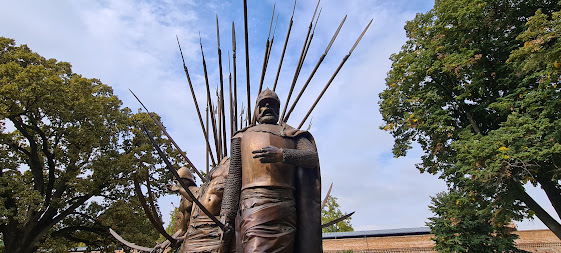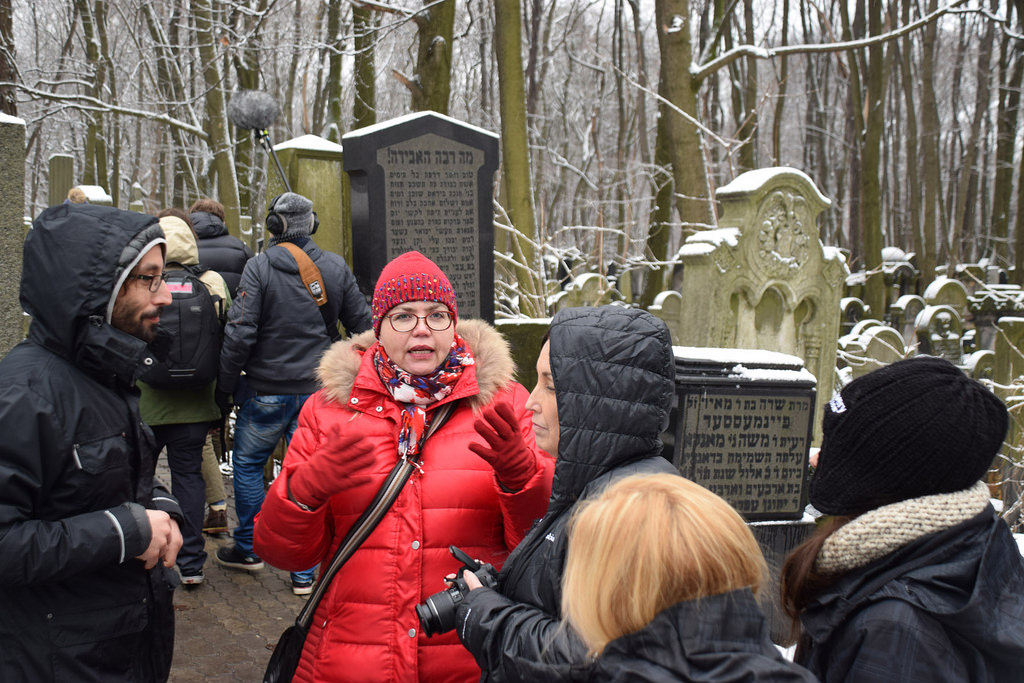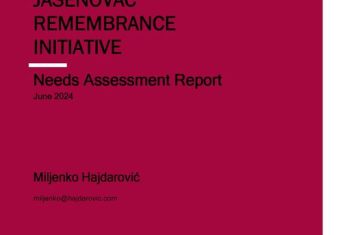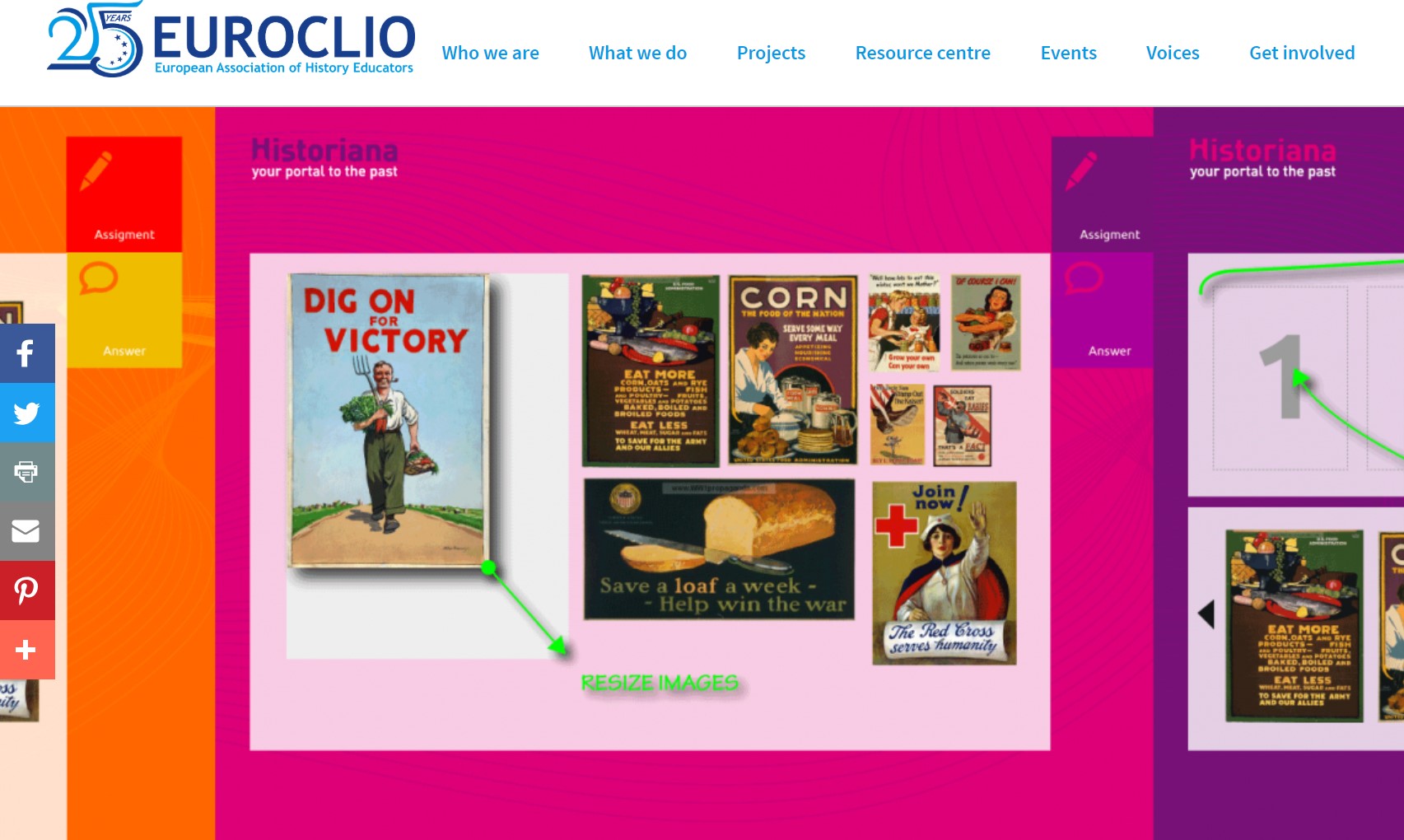This week, I participated in the “The Consequences of Digital Age on History Education” round table as part of the “History Education in the digital age” forum. Together with Steven Segers (EuroClio) and Rūta kazlauskaitė (University of Helsinki), we discussed how the digital age influenced history teaching. The discussion was moderated by Jean-Philippe Restoueix.
I have dealt with digital things in various ways for over twenty years. I started writing with my graduate thesis, “Sociological aspects of cyber society,” and continued with articles, columns, webinars, YouTube channels, professional and scientific works over the years. As a classroom practitioner, I have tried numerous tools and teaching methods supported by ICT. In recent years, I have created hundreds of digital educational content that include various forms of interactivity, short instructional films, and customized applications of digital to enhance history teaching. As part of the expert team for Euroclio, I worked on the design project of specialized digital tools for teaching history, which today are a standard part of the E-Activity Builder within Historiana.
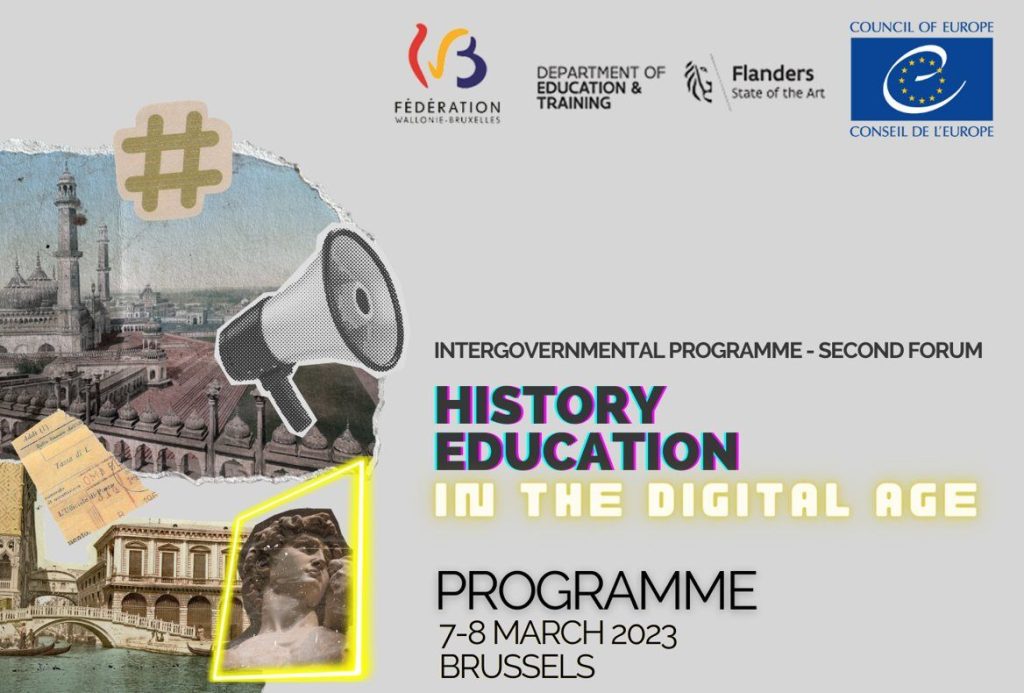
Looking back, I started dealing with what we now call digital literacy pretty early – in 2010, my article “Evaluation of history-themed webpages” was published in the Croatian “Historical Journal.” I proposed the following criteria to evaluate a website: credibility, accuracy, objectivity, content, and functionality. An update on those criteria is long overdue and I hope that I will find the time to write those in following months.

